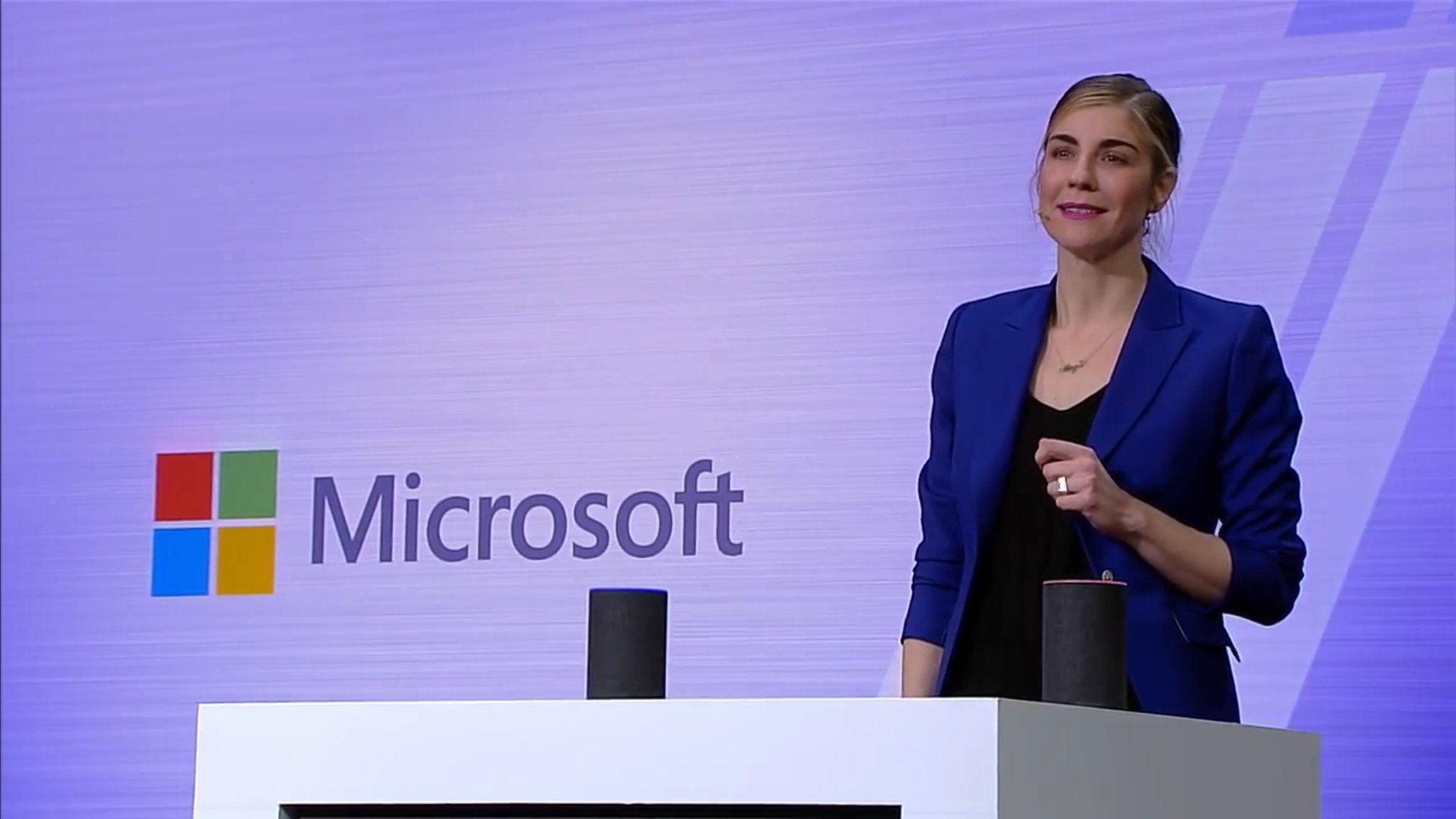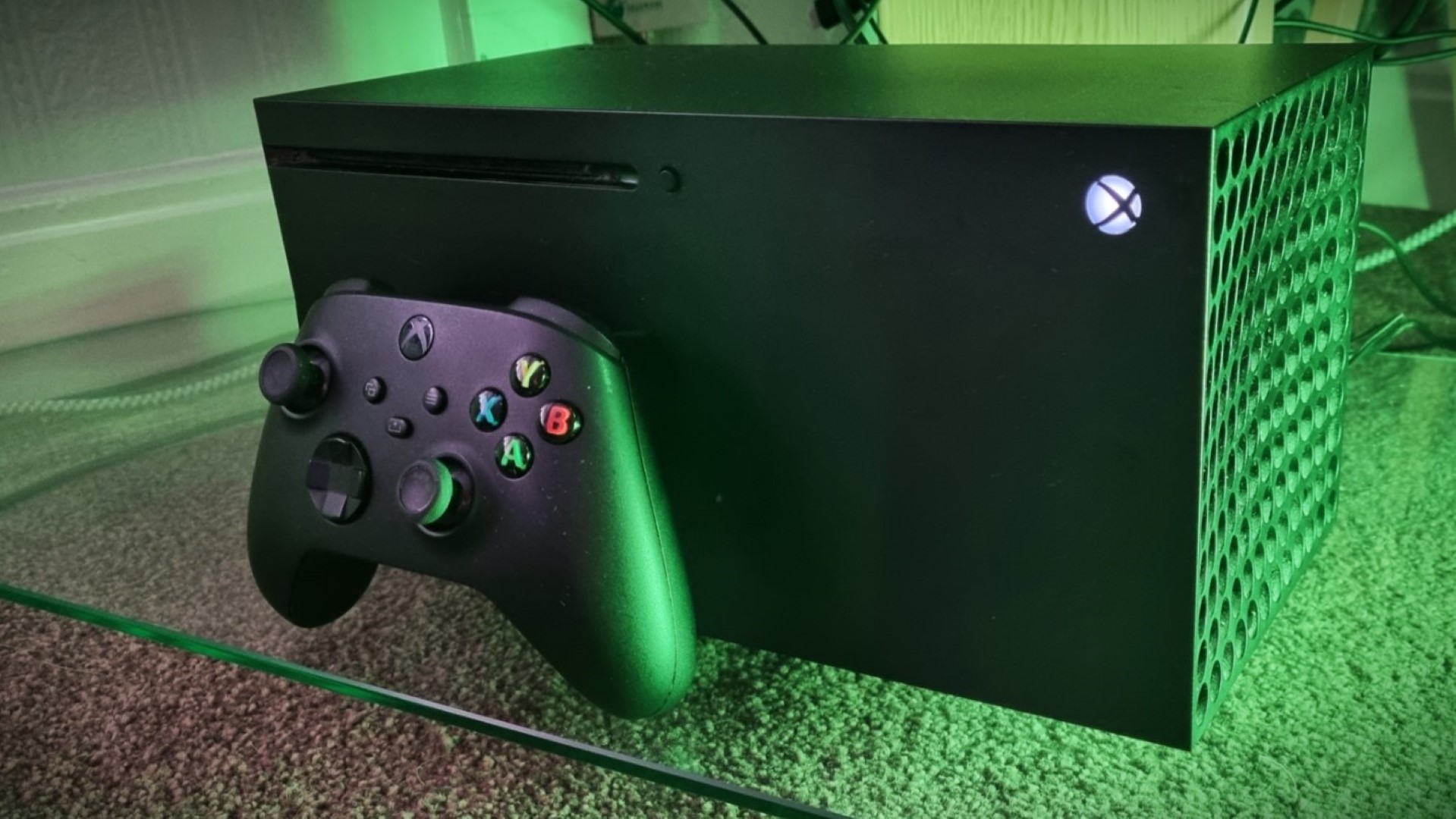Microsoft's Cortana piggybacks on Alexa's success as Google Assistant matures
As the digital assistant battle rages on, Microsoft is positioning Cortana to piggyback on Amazon Alexa's success while Google Assistant becomes more "human."

Microsoft called Cortana the world's most personal digital assistant in 2014. Unique features like person-based reminders and a notebook function patterned after real assistants gave fans high hopes for the assistant.
These features, along with references to her highly advanced counterpart{.nofollow} from the Halo video game franchise, added to fans' anticipation of what Cortana could ultimately become. Ironically, four years later it is Google Assistant that is evolving the human-like qualities associated with the Cortana of video-game lore rather than Microsoft's creation.
During Google's 2018 I/O developer conference, the company introduced Google Duplex, an amazing AI system that enables Assistant to call a business and make appointments for users via natural conversation indistinguishable from human speech. Though controversial, this progression toward becoming a more "human-like" assistant is what many would expect of a digital assistant's evolution.
Conversely, Microsoft's Corporate Vice President for Cortana Javier Soltero said, "we are starting to tell a different story about Cortana."
Cortana as assistive vs. Cortana as assistant
While Soltero asserts that Microsoft is still developing Cortana as an "assistant," Microsoft's new focus is making her "assistive" in helping users complete tasks across platforms. Soltero admitted the digital assistant and ambient computing markets evolved differently than Microsoft expected in a concession to rivals Google Assistant and Amazon Alexa.
With a seemingly neglected Cortana-powered Harmon Kardon smart speaker and little progress in making Cortana available or useful in many regions, Microsoft's development of Cortana as a capable digital assistant seemed to have long been forsaken. Within this context, her deeper integration in Windows 10, cross-platform development and integration within Microsoft's products and services are consistent with a strategy of making her more "assistive" for personal and professional productivity than a distinct assistant.
Cortana as an "assistive" component of various products places her functionally and mentally in the background rather than at the forefront compared to rival assistants that consumers intentionally call upon to complete tasks. To combat that mindshare and market presence challenge, Microsoft's piggybacking Cortana on Amazon Alexa's consumer success via a strategic partnership.
Get the Windows Central Newsletter
All the latest news, reviews, and guides for Windows and Xbox diehards.
Alexa and Cortana
Amazon dominates the smart-speaker and ambient-computing markets with its affordable Alexa-powered Echo smart speakers. Google Home Assistant-powered smart speakers are a distant second. Though Cortana's part of 700 million Windows 10 devices, the practicality of Alexa and Assistant for completing tasks, purchasing items and answering questions (due to their broad ecosystems and connected services) are making them household names among consumers with whom Cortana has had comparatively little impact.
Consequently, Microsoft and Amazon partnered to pair Cortana with Alexa on Echo devices and Alexa with Cortana on Windows 10 devices. This deal positions Cortana on the industry's most prolific smart speaker which increases potential consumer engagement. Microsoft's Megan Saunders, general manager of program development, demonstrated how an Echo device in the home could be used to engage Cortana, which she uses to manage her calendar and emails (above video).
Whereas this deal benefits Microsoft in the consumer space, it also benefits Amazon's pursuit of the enterprise. Windows PCs are the most prolific desktop platform for homes and business. Thus, Amazon is piggybacking Alexa on Windows 10 as a portal to the enterprise.
Google Assistant is what Cortana should have been
Microsoft has dedicated decades to machine learning, natural language processing, and AI. As a result, AI is part of Microsoft 365, Microsoft's intelligent cloud and intelligent edge and even enabled Cortana to recognize people as they arrive at a meeting and transcribe meeting notes.
Former Microsoft CEOs paved the way for Nadella's AI and bots
Still, these advancements don't reflect that highly personal digital assistant that Cortana began as on Windows phone. Whereas Cortana's now an "assistive" component of the "system," Google's positioning Assistant, which is part of 500 million devices, as "your personal Google."
Google's AI investments and large platform have yielded years of data from users for natural language understanding, deep learning, and text to speech. This has resulted in "Continued Conversation," where Assistant can engage in back and forth conversation without being reinitiated with the "Hey Google" command. Google WaveNet brings natural and human sounding voices that surpass other text-to-speech systems. And Google Duplex will allow users to tell Assistant to make appointments for them, and Assistant will place the call in the background in a conversational human voice.
Google's Assistant is becoming the world's most personal digital assistant, or what Cortana was supposed to be. Fortunately, Amazon's Alexa and Echo smart speakers are available for Cortana to piggy-back on. And that may just be Microsoft's best remaining chance to make an impact with consumers.
Jason L Ward is a columnist at Windows Central. He provides unique big picture analysis of the complex world of Microsoft. Jason takes the small clues and gives you an insightful big picture perspective through storytelling that you won't find *anywhere* else. Seriously, this dude thinks outside the box. Follow him on Twitter at @JLTechWord. He's doing the "write" thing!

